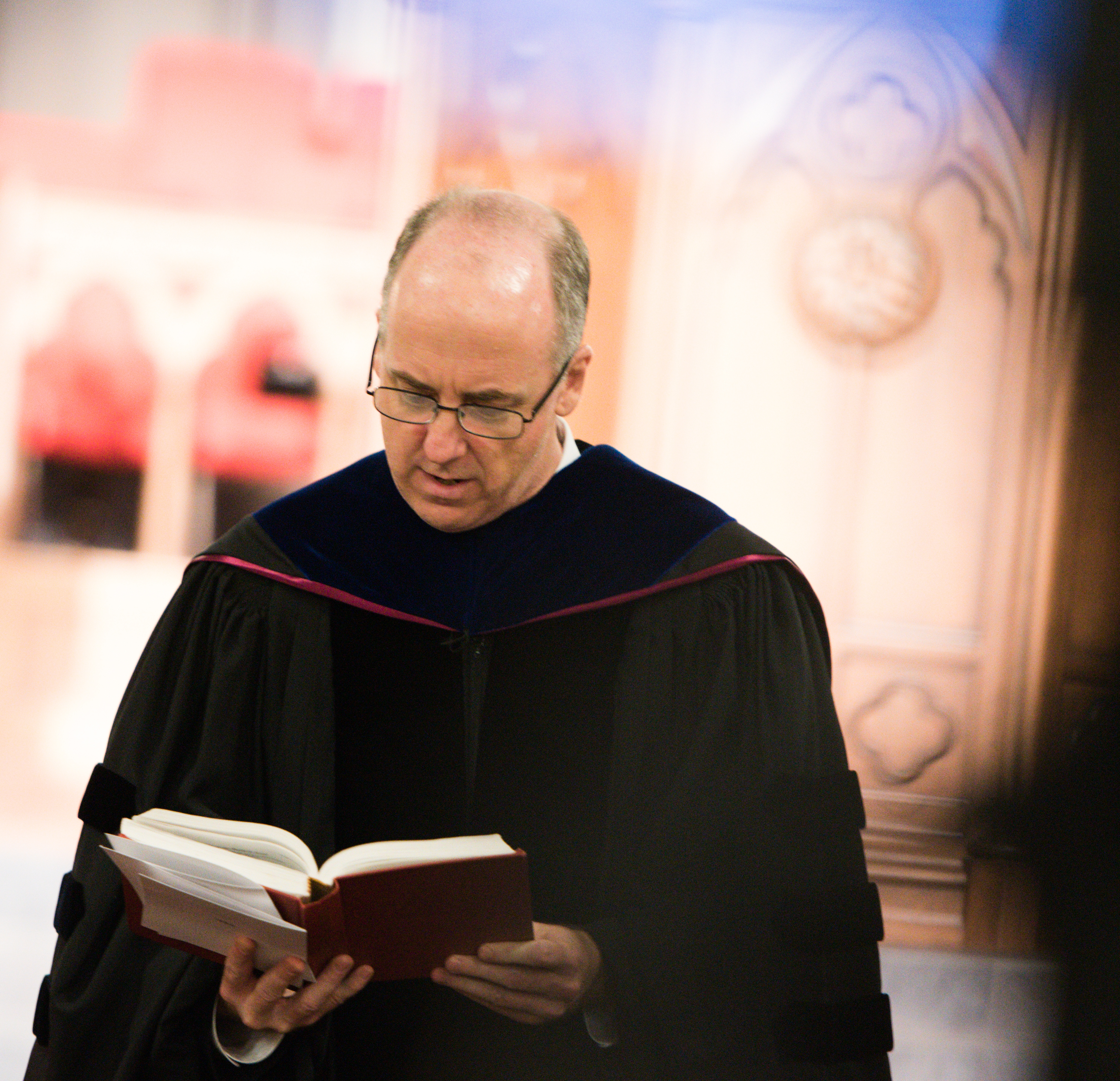Ten Favorite Books of 2017
Posted On January 04, 2018

It’s that time of year when every blogger lists his or her Top 10 books of the year. As one who cannot resist any excuse to recommend books, I too have compiled a list of my favorite reads from 2017. Not all of these books were published in 2017. Instead, they are all books that I completed at some point during 2017.
James Dolezal, All That is in God
I have written a brief summary review of Dolezal’s book for Tabletalk online. I will simply say here that this is a book that every Christian interested in the current state of theology should read. The doctrine of God is being re-written, and this is not a good thing. Dolezal explains why.
Steven J. Duby, Divine Simplicity
Several authors have recently reminded the church of the importance of the
doctrine of divine simplicity. Dolezal’s book God Without Parts is one such work. Duby’s work Divine Simplicity is another. Duby’s work is a highly technical doctoral dissertation, but for those who can navigate their way through a lot of specialized terminology, it is well worth the effort.
Mark Boda, The Heartbeat of Old Testament Theology
Although I primarily teach systematic theology, I love biblical theology. One of the more interesting and helpful works I read on this subject in 2017 was Mark Boda’s little book. It is not exhaustive or overwhelming, but there are nuggets of insight throughout.
Carl R. Trueman, Grace Alone: Salvation as a Gift of God
Grace Alone is part of the “5 Solas” series edited by Matthew Barrett for Zondervan. Trueman’s contribution of the doctrine of sola gratia is timely as misunderstandings of “grace” are found everywhere today.
Richard A. Muller, Dictionary of Latin and Greek Theological Terms, 2nd edition
Yes, I read a dictionary. Muller’s work is not merely a dictionary. It is an indispensable tool for the theologian. For most of the Latin and Greek terms, Muller provides not merely a definition, but an informed small article on the meaning of the term in question. The second edition of this work is greatly expanded, containing information on over 100 terms and phrases not found in the first edition.
J. Budziszewski, What We Can’t Not Know
This is an older work, and one I finally got around to reading in 2017. It is one of the clearest expositions of natural law that I have seen.
Edward Feser, Five Proofs of the Existence of God
Feser’s work is not an explanation of the five ways of Aquinas or the arguments for the existence of God as traditionally arranged in many textbooks of natural theology. Instead, he offers formulations of five proofs that he refers to as the Aristotelian proof, the Neo-Platonic proof, the Augustinian proof, the Thomistic proof, and the Rationalist proof. The final chapter, a lengthy one at 60 pages, contains answers to almost every conceivable atheist objection to the existence of God.
Manfred Svensson and David VanDrunen, eds. Aquinas Among the Protestants
The last thirty years has seen a resurgence in Reformed historical theology. One thing that has been rediscovered is the widespread critical appropriation of Aquinas by the most significant 16th and 17th century Reformed theologians. Aquinas Among the Protestants is a helpful introduction to this issue.
John Garth, Tolkien and the Great War
Garth’s fascinating book focuses on Tolkien’s early life leading up to an including Word War I. The book is not merely a biography, however, as Garth looks at the writings Tolkien produced while recovering from trench fever.
Lisa Coutras. Tolkien’s Theology of Beauty: Majesty, Splendor, and Transcendence in Middle-earth
As a fan of Tolkien, I always enjoy reading books that deal with important themes in his writing. If that theme is one that is significant in theology also, then I am even more interested. Coutras’ book did not disappoint.
Dr. Keith Mathison is professor of Systematic Theology at Reformation Bible College.